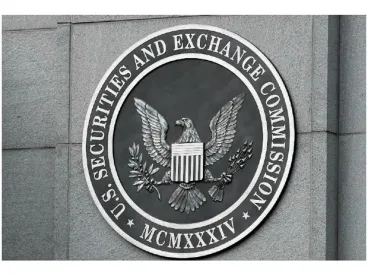On January 12, the Securities and Exchange Commission’s Office of Compliance Inspections and Examinations (OCIE) released its 2017 examination priorities, which seek to address: (1) the protection of retail investors; (2) risks related to elderly and retiring investors; and (3) market-wide risks.
As part of its efforts to protect retail investors, OCIE indicated it will focus on: (1) registered investment advisers and broker-dealers that provide investment advice through automated or digital platforms and that offer wrap fee programs; (2) the compliance of exchange-traded funds with the Securities Exchange Act of 1934, as amended, and the Investment Company Act of 1940, as amended; (3) multi-branch and never-before-examined advisers; (4) financial industry employees with a track record of misconduct; and (5) conflicts of interest associated with the recommendation of mutual funds.
In order to assess risks that pertain to elderly and retiring investors, OCIE will analyze: (1) investment advisers and broker-dealers that offer retirement accounts; (2) the manner in which public pension plans manage conflicts of interest and fiduciary duties; and (3) registrants’ interactions with senior investors.
In order to seek to maintain fair, orderly and efficient markets, OCIE will review: (1) compliance with the SEC’s new rules governing money market funds; (2) cybersecurity policies and procedures and compliance with Regulation SCI; (3) certain clearing agencies and national exchanges; and (4) broker-dealers with regard to best execution and the establishment of appropriately tailored anti-money laundering programs.
OCIE’s 2017 examination priorities are available here, and the SEC’s press release, with respect to such priorities, is available here.



 />i
/>i
